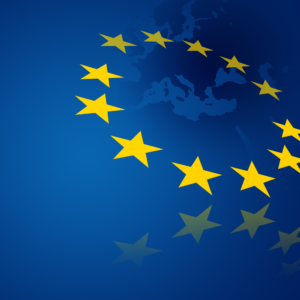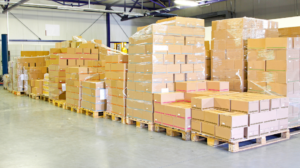Plastics production is skyrocketing. A new U.N. treaty effort could cap it.
Negotiators from around the world will start work this month on a treaty to reduce plastic pollution, in what diplomats say is the most ambitious round of climate diplomacy since the 2015 Paris agreement that focuses on global warming.
Talks are so preliminary that diplomats are still haggling over the issues they will and won’t negotiate. And few expect immediate breakthroughs. But officials say there is a window during President Biden’s current term in office to make a deal that would shake up the realm of plastics with the cooperation of the United States, the world’s biggest producer of plastic waste per person.
“Countries are increasingly seeing this as a top-level threat,” said Norwegian Environment Minister Espen Barth Eide, who is leading the effort to start work on a plastics deal at the U.N. Environment Assembly, which starts Feb. 28 in Nairobi. “There has been strong recognition around the world. This is one of the most stable materials we produce. Using it for a single use, it’s strange.”
Diplomats are still at the most preliminary phase of deciding what should even be subject to negotiation. At minimum, there is broad agreement that there should be a concerted effort to limit the flow of plastic debris into the world’s oceans. But a growing number of countries, including the United States, want to aim for more-ambitious targets.
Any agreement is likely to have the Paris climate accord as its basic model, diplomats say. That deal — which includes nearly 200 countries — came together only because countries knew they would be in charge of setting their own voluntary goals, then living up to them. Detractors say such systems are toothless and end up falling far short of what is necessary. Advocates say they get all countries to work together and move in the same basic direction. They also say that many countries would never agree to a system with more-stringent requirements.
As with the Paris agreement, one of the first issues a plastics treaty would address is the basic issue of counting: How much plastic is being manufactured? How much gets recycled? What kinds of chemicals are going into the plastic, and how are they being handled when the plastic is discarded? In much of the world, there aren’t reliable numbers.
The effort comes from a growing concern that the world has failed to grapple with a rapidly expanding plastics problem and that older attempts to address plastic waste — for example, by focusing mostly on recycling — can’t stand on their own.



